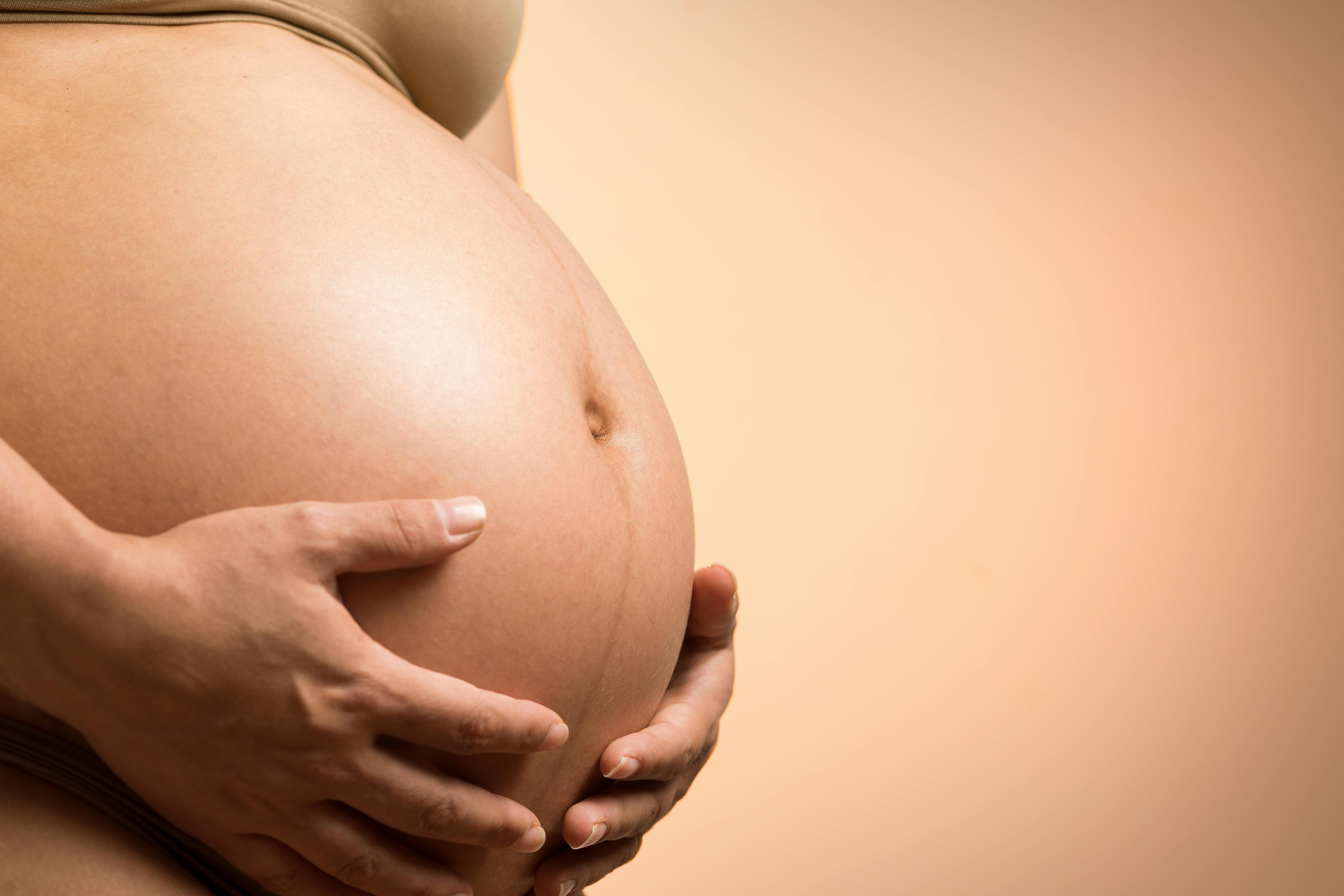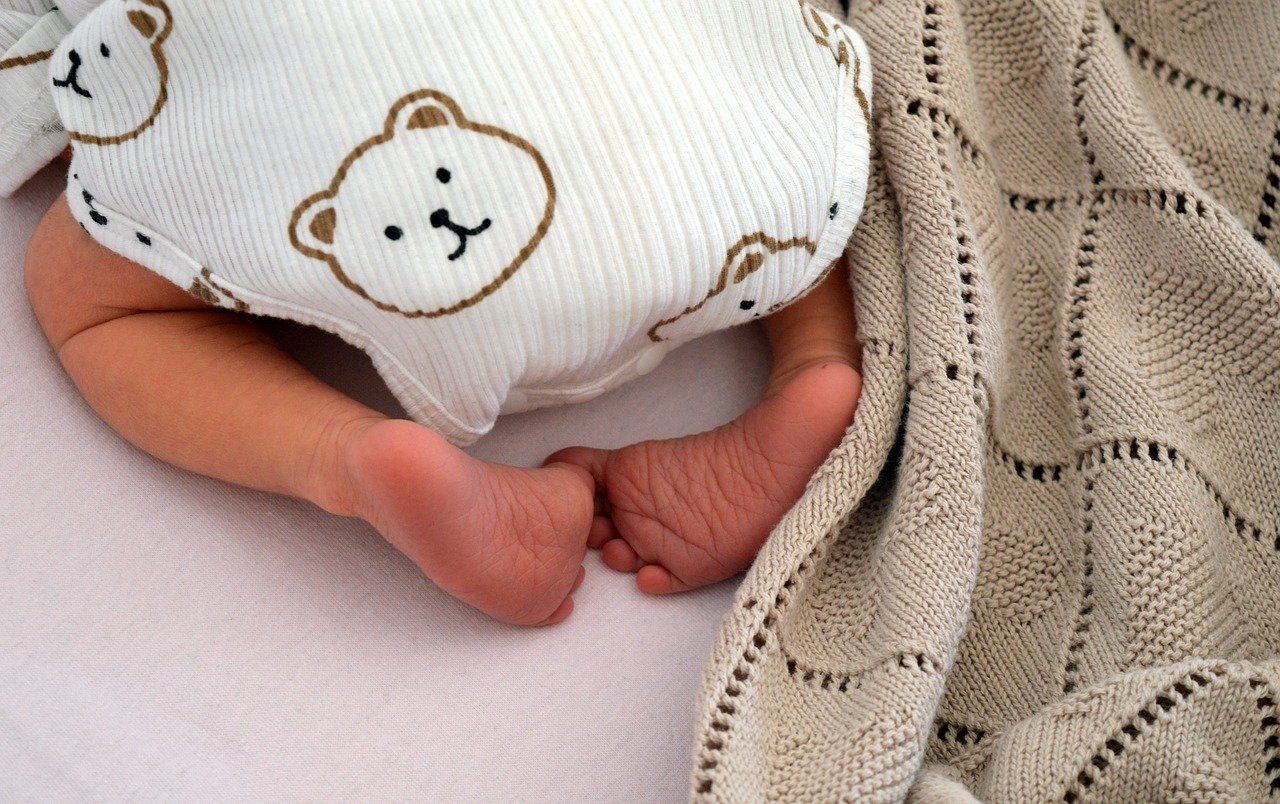Pregnancy is an incredible journey that brings significant changes to the body. Pregnancy symptoms vary greatly from women to woman, some will have every pregnancy ailment there is while others will breeze through with the only tell tail pregnancy symptom being their bump.
Pregnancy symptoms tend to differ depending on what stage of pregnancy you are at, however do not be surprised if first trimester morning sickness is actually all day sickness and actually lasts all the way to the delivery room.
We’ll explore the signs and symptoms of pregnancy at the different stages below:
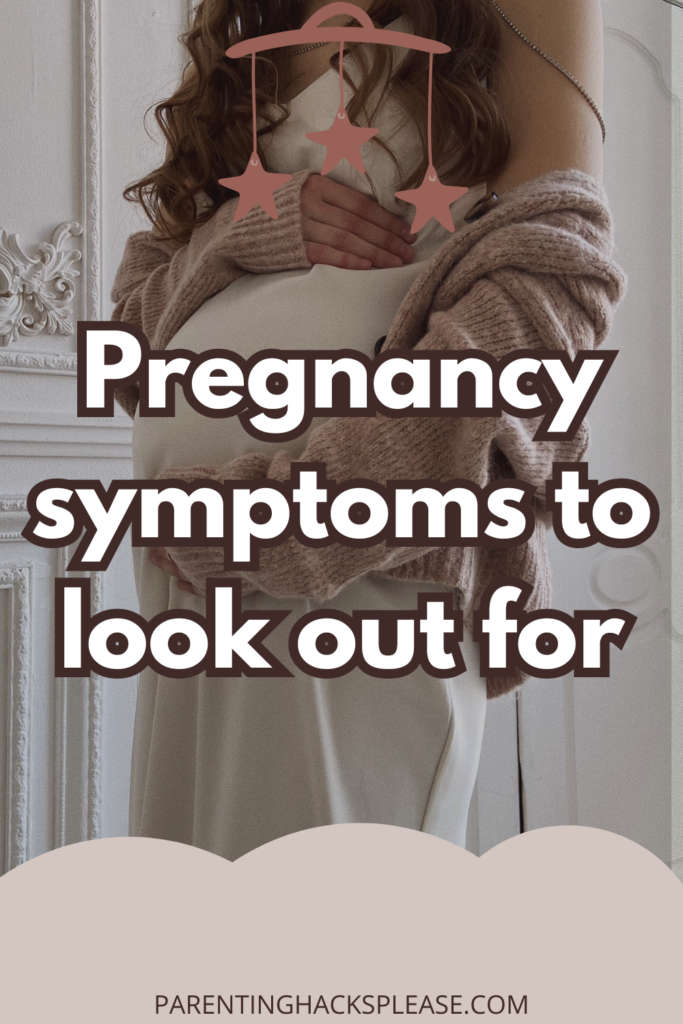
The Two-Week Wait: Early Pregnancy Symptoms
The two-week wait refers to the period between conception during ovulation and when you can take a pregnancy test. For those trying to conceive this can be a very anxious time, you can spend a lot of time looking out for signs and symptoms of pregnancy but you can’t know for sure yet as it is too early to do a pregnancy test.
Common symptoms during the two week wait:
- Implantation Bleeding – around 6-12 days after conception, some women experience light spotting or implantation bleeding. This occurs when the fertilized egg attaches to the uterine lining.
- Basal body temperature dip – if you track your basal body temperature (BBT), some theorize that a dip in BBT for a day can be an indicator of implantation in the uterine lining however there is no peer-reviewed evidence to support this.
- Mild cramping – early pregnancy can cause slight cramping similar to period cramps, which can be misleading as the the week wait happens in the run up to your period. So period cramps may be confused with early pregnancy cramps or vice versa.
- Breast tenderness – hormonal changes may cause your breasts to feel swollen, tender, or sore, again, similar to how they may feel before your period.
- Fatigue – increased levels of progesterone can make you feel unusually tired.
- Heightened sense of smell or change in sense of smell – some women notice that their sense of smell becomes more sensitive, and certain foods or scents can suddenly become very unpleasant.
Many of these symptoms are subtle and not all women will experience them. They are also very similar to period symptoms so you may not notice you are pregnant until you miss your period.
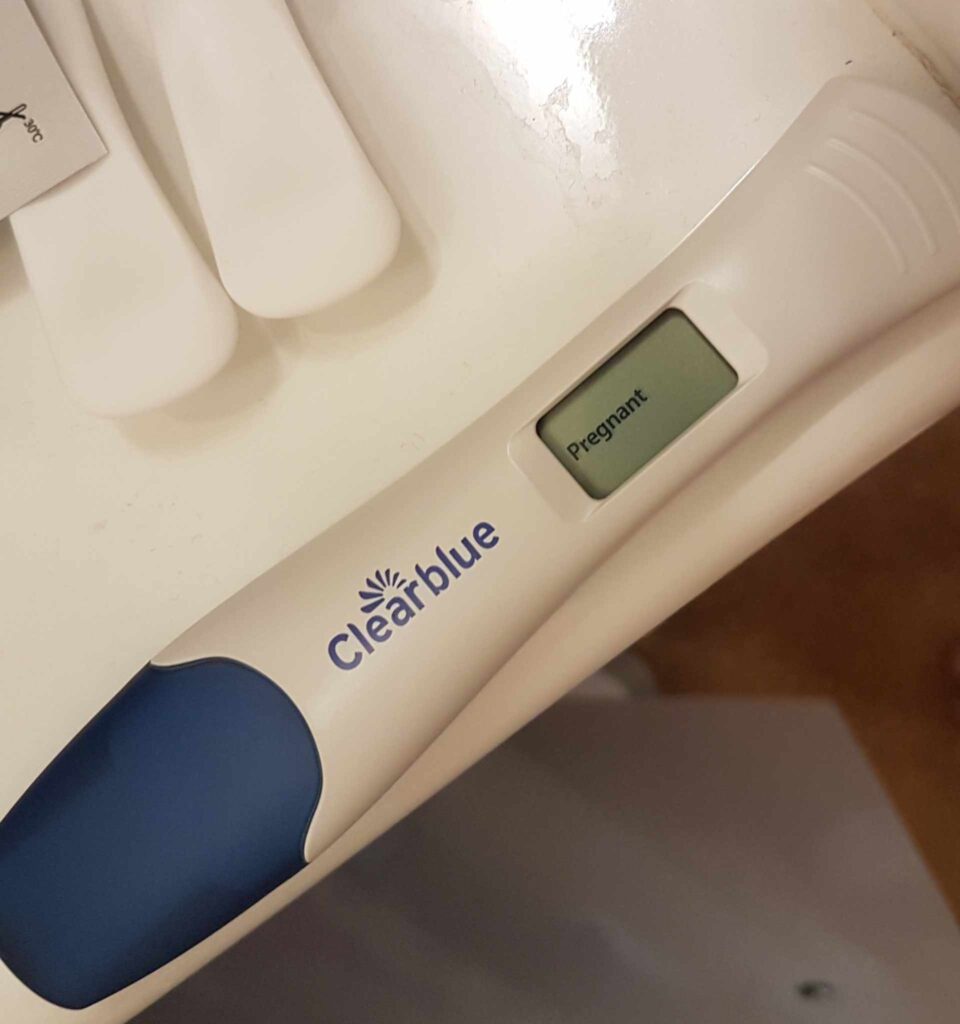
First Trimester Symptoms (Weeks 1-12)
The first trimester is a time of rapid hormonal changes as your body adjusts to pregnancy. If it is your first pregnancy, you may not have a bump during the first trimester but you may notice some hormonal changes. While early pregnancy symptoms might be quite subtle, they may become more pronounced as the weeks progress.
- Nausea and Vomiting: Morning sickness tends to peak in the first trimester (but not always). Also, do not be fooled by the name, morning sickness is not restricted to the morning, it can occur at any time of day. For some women, this nausea can be mild, while others may experience more severe vomiting, known as hyperemesis gravidarum. Occasionally it can last into the 2nd and third trimesters but this is not as common as sickness during the first trimester.
- Mood Swings: The surge in hormones, combined with the physical changes happening in your body, can lead to emotional ups and downs during the first trimester. You may find you have overly emotional responses to events that you would have otherwise responded to in a more carefree manner.
- Fatigue: Extreme tiredness is common in the first trimester, as your body works hard to support the growing fetus and adjust to pregnancy hormones.
- Bloating: Hormonal changes can slow down digestion, leading to bloating, gas, and even constipation in some cases. Unfortunately, in most cases of first pregnancies, any bump in the first trimester is usually bloating.
- Cramping or Spotting: Mild cramping or spotting is normal during the first trimester as the embryo implants into the uterus. However, if you experience heavy bleeding or intense pain, contact your healthcare provider.
- Changes in Taste and Smell: You may notice that certain smells or tastes that never bothered you before suddenly seem overwhelming or unpleasant.
- Travel sickness: You may find that the morning sickness manifests it’s self in other forms such as travel sickness.
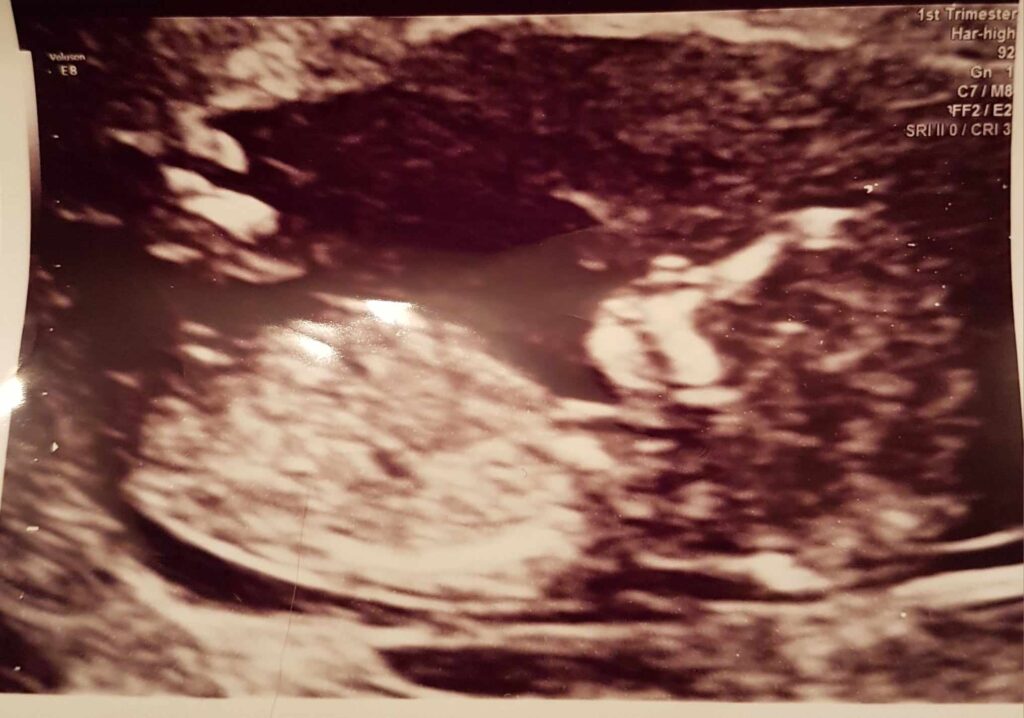
Second Trimester Symptoms (Weeks 13-26)
For many women, the second trimester is a period of relief as early symptoms like nausea and fatigue often begin to fade. However, as the baby grows, new symptoms emerge, reflecting the physical and hormonal changes happening in your body.
- Increased Energy: Many women find that their energy levels return in the second trimester, making it a more enjoyable phase of pregnancy. This increase in energy cna contribute to the ‘pregnancy glow’ that is associated with the 2nd trimester.
- Growing Belly and Weight Gain: As your baby grows, your abdomen begins to expand, and you’ll start showing a noticeable baby bump. Weight gain typically becomes more steady during this phase.
- Round Ligament Pain: You might experience sharp pains on the sides of your abdomen as the ligaments supporting your uterus stretch to accommodate your growing baby. This can happen when you do activities such as getting in and out of the car.
- Backache: As your belly grows and your center of gravity shifts buting a strain on your back. You may experience back as your body attempts to compensate for the extra weight.
- Skin Changes: The increase in blood flow can give you the “pregnancy glow,” but you may also experience skin issues like stretch marks, darker patches on your skin (melasma), or an increase in acne.
- Baby Movements: By the middle of the second trimester (around 18-20 weeks), many women begin to feel their baby’s movements, often described as flutters or kicks. If it is your first pregnancy it is common not to feel any kicks until after the 20 week mark.
- Heartburn and Indigestion: As your baby grows, your stomach may become compressed, leading to heartburn or acid reflux.
- Linea nigra: You may find that a linea nigra appears during the second trimester. It is a dark line running down the center of your bump, usually from your tummy button to your mons pubis. Not every pregnancy will have a linea nigra.
Third Trimester Symptoms (Weeks 27-40)
The third trimester is the final stretch of pregnancy, and as your baby continues to grow and your body prepares for labor, you’ll likely experience both physical and emotional changes.
- Braxton Hicks Contractions: These “practice” contractions are common in the third trimester. They’re typically irregular and less intense than true labor contractions but can be uncomfortable. You may notice them as your bump tightening then relaxing from time to time.
- Shortness of Breath: As your baby grows and pushes against your diaphragm, you may feel short of breath, especially when lying down or walking uphill.
- Swelling: Mild swelling in your feet, ankles, or hands is common due to the extra fluid your body is retaining. Significant or sudden swelling should be reported to your doctor as this can be a sign of complications.
- Fatigue Returns: As you approach your due date, you may start feeling more tired again, especially as you’re carrying extra weight and possibly struggling with sleep.
- Frequent Urination: As your baby drops lower into your pelvis in preparation for birth, the pressure on your bladder increases, leading to more frequent trips to the bathroom.
- Pelvic Pressure: As the baby descends into the birth canal, you may feel increased pressure in your pelvic region, making walking or sitting more uncomfortable.
- Interrupted sleep: You may find that you have trouble sleeping during the third trimester, if nothing else, this will help acclimatize you for the sleepless nights you will experience with your new bundle when they arrive.
